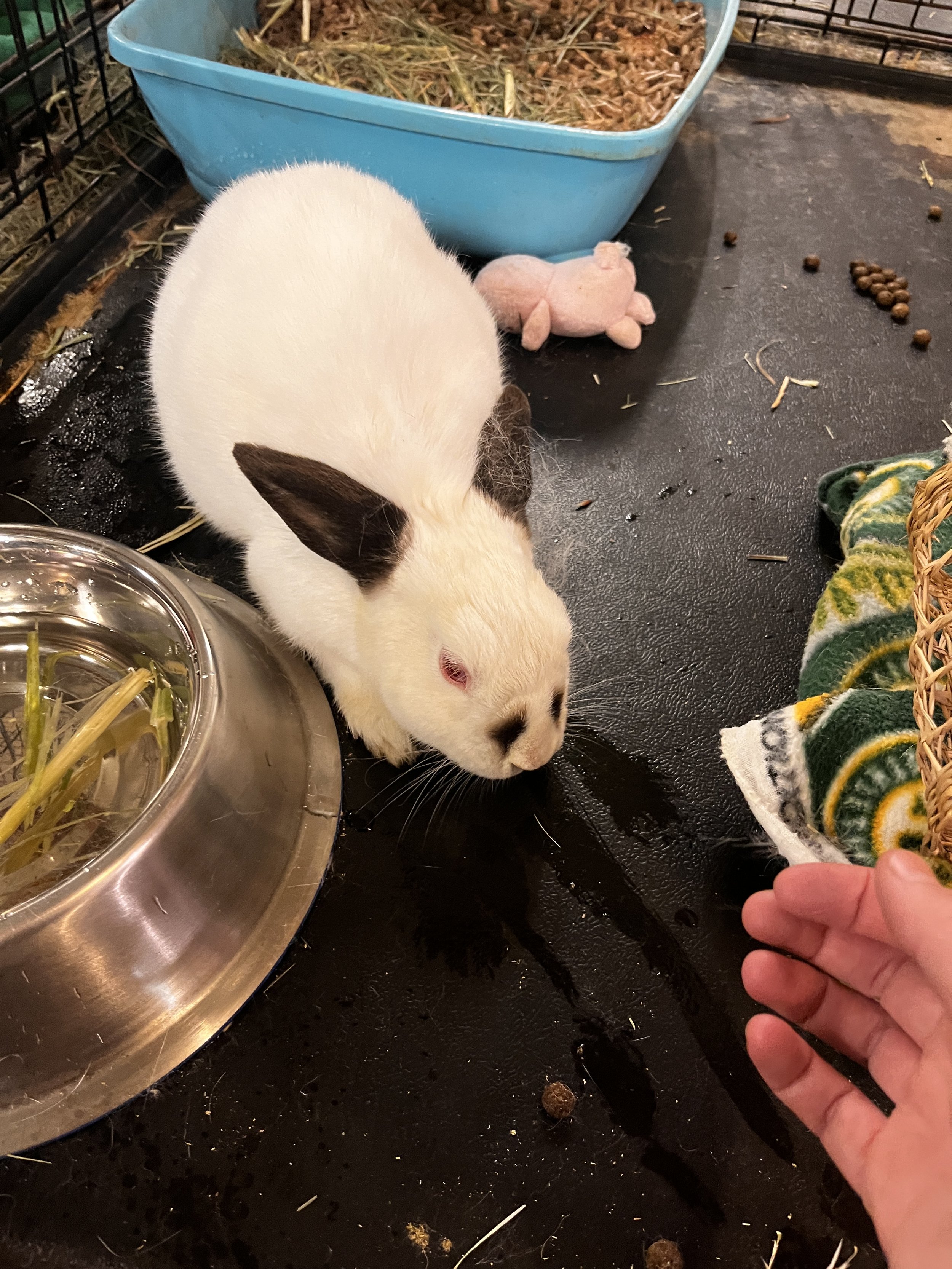Check Your Bag, Save a Bog
Bumper sticker now available here.
Purchase supports community compost education and waste-diverting projects.
Peat in soil mixes is a climate disaster: Choose Compost Instead
Peat moss shows up in a lot of store-bought potting mixes, but it comes with a hidden cost. Harvested from ancient bogs, peat takes thousands of years to form and plays a huge role in storing carbon. Peat deposits store more carbon than trees in forested peatlands of the boreal biome. (link via Nature.com) Once it’s extracted, that carbon gets released into the atmosphere, accelerating climate change instead of helping heal it.
The good news? You don’t need it.
Compost is a regenerative, low-impact alternative, especially when made from local, existing waste streams. It adds nutrients, improves soil texture, and supports a thriving microbial life underground. And unlike peat, compost doesn't deplete a precious ecosystem—it repurposes what we already have: food scraps, coffee grounds, sawdust, straw, and many, many more.
Building soil with compost is a way to grow greener without stripping the planet bare. So next time you’re potting up a plant or amending your garden, skip the peat.
Choose compost, make compost, buy compost.
What you can do instead:
Choose peat-free soil mixes—look for compost-based or coco coir alternatives.
Tell your gardening friends why you’re ditching peat. Word of mouth makes a difference.
Ask your local nursery to stock and promote peat-free products. (They might not even know!)
Start composting at home, or support community compost programs.
Use what’s already here—food scraps, ask your local cafe/restaurants for their compostable waste, leaves, and cardboard. Waste streams become soil gold.
Every time we skip peat, we protect an ancient ecosystem and help build a better one, right beneath our feet.
Rabbit Hole - why rabbit manure is the ultimate compost supercharger
Rabbit manure, aka the cutest poop, is one of nature’s most powerful soil-builders—rich in nutrients, gentle on plants, and a game-changer for composting. Unlike other manures, it doesn’t need to be aged or composted before use, making it a safe, effective, and immediate way to enrich soil.
🌎 Ethical & Sustainable
The Velveteen Bean sources bunny manure from local rabbit rescues, turning waste into a powerful, sustainable soil amendment. By keeping organic materials out of landfills and returning them to the earth, we’re closing the waste loop—one compost pile at a time.
Whether you’re composting or enriching soil directly, rabbit manure is nature’s perfect fertilizer—gentle, effective, and full of life.
🐇 Nutrient-Rich & Balanced
With a natural NPK ratio of 2.4-1.4-0.6, rabbit manure provides a slow-release boost of nitrogen, helping plants thrive without burning roots. The higher phosphorus content supports strong root growth and bigger yields, making it ideal for both composting and direct soil application.
🌱 Cold-Composted & Safe for Gardens
Unlike cow, horse, or chicken manure, rabbit manure is naturally “cold,” meaning it won’t harm plants even when applied fresh. It’s a perfect way to build nutrient-dense, living soil without the risks of pathogens or excessive salts that some other manures carry. Unlike the other farm manures, it has an earthy, hay-like odor.
♻️ The Best Compost Booster
Rabbit manure helps balance the nitrogen-carbon ratio in compost piles, speeding up decomposition while enhancing microbial life. The small, dry pellets improve aeration and moisture retention, creating the perfect conditions for healthy composting.
Meet Jasper, the friendly super-poop-producer bunny at RabbitEARS rescue.

